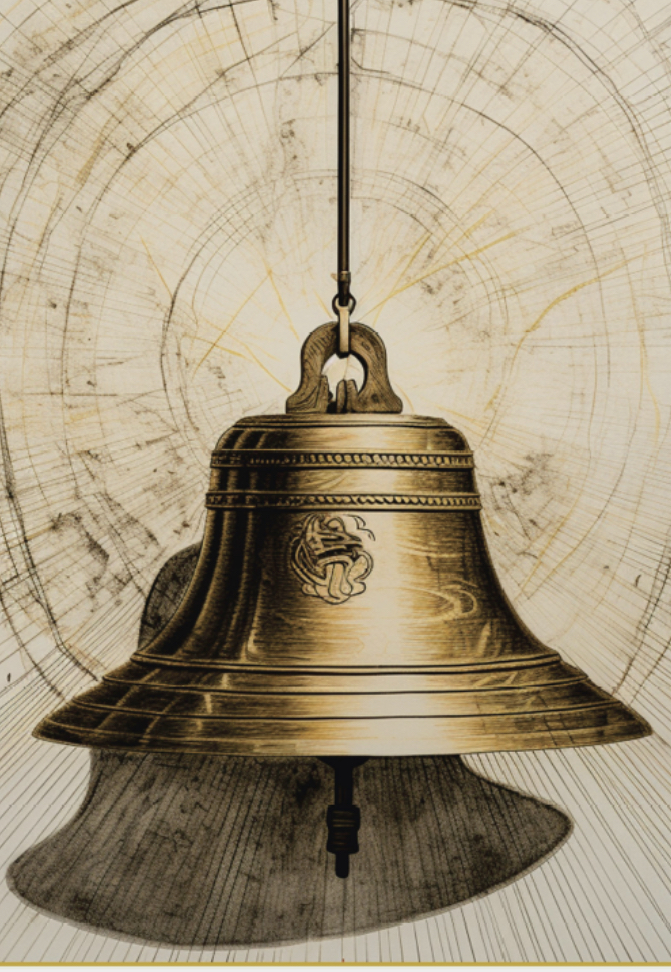
‘Our Civilisational Moment’
In this moment, has Western civilization lost touch with what made it great?
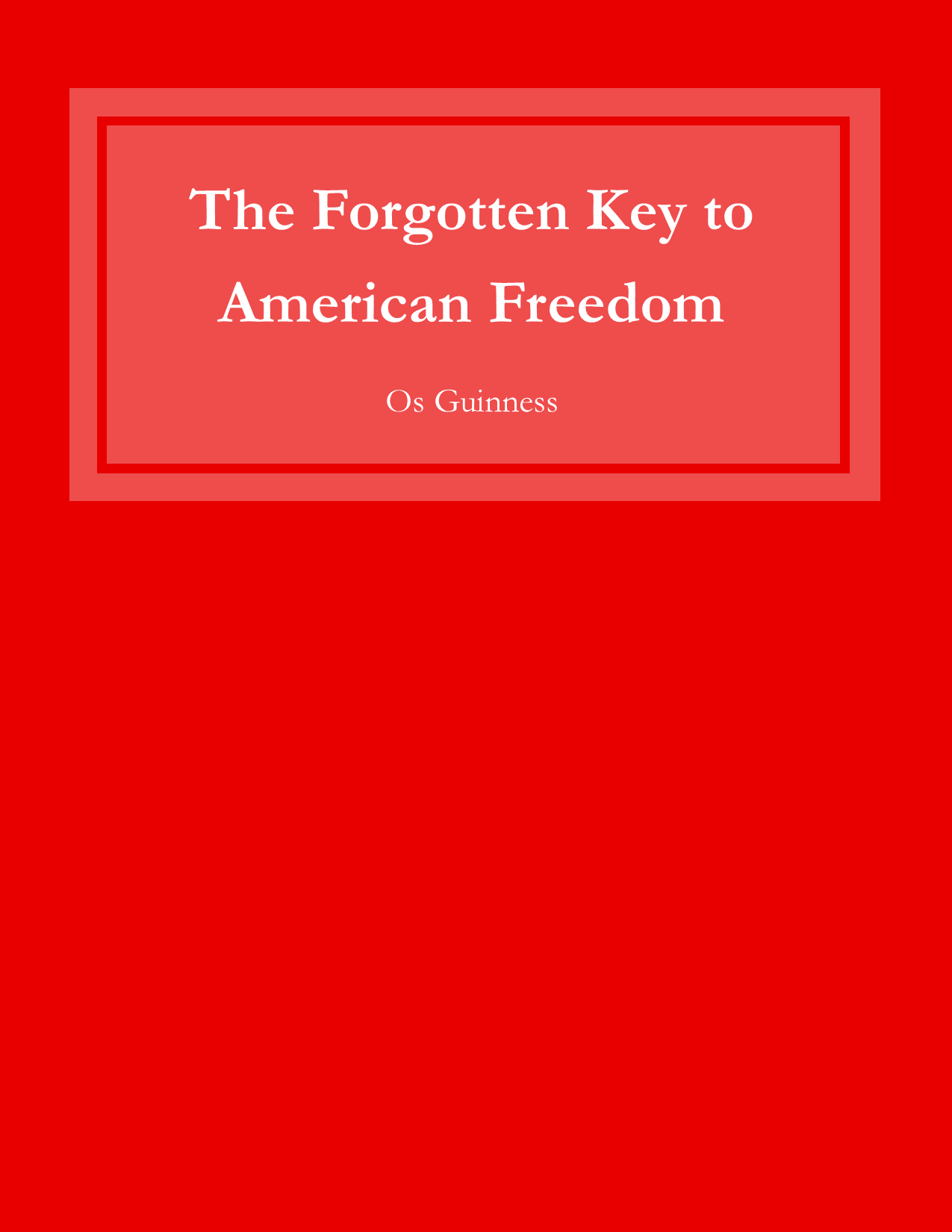
The Forgotten Key to American Freedom
In this reading, Os considers the sociological and governmental impact of the theme of ‘covenantalism’ in the formation of the US Constitution.
This value for covenant, a mutually binding civil pledge, was integral to ancient Jewish culture, was born out of the Mosaic Covenant established at Mt Sinai, and was expressed nearly three millennia later in 1517 at the beginning of the Reformation. Shaped by this movement in Europe, in the 18th century, a nascent United States envisaged freedom as government by the people, of the people, and for the people, as President Lincoln later described it, with direct roots in a robust understanding of covenant.
Though this reading is not currently available for purchase, similar themes of covenant and freedom are discussed to great depth in Os’ book, Last Call for Liberty, which can be ordered at Amazon.com.

The Sunflower
A Jewish concentration camp inmate is pulled from work detail at a makeshift hospital to listen to a dying Nazi soldier’s confession. The soldier asks him for forgiveness that he might die in peace. In the Jew’s place, what would you have done?
In this Reading with a Foreword by Os Guinness, Simon Wiesenthal gives his account of this incident that happened in Poland during World War II, challenging readers with the moral question of forgiveness. If a murderer is truly repentant, should he be forgiven? Are some actions too horrible to forgive? Can you forgive someone for something done to someone else? Or can you forgive, as a member of a larger community?
These tough questions are relevant for us today. As Os Guinness points out in the foreword, forgiveness is tricky business and should not be taken for granted or issued flippantly. Forgiveness too quickly given can easily become cheap grace, somehow dismissing the wounds of the inflicted or justifying the behavior of the wrongdoer. True forgiveness is costly, where the wronged relinquishes the right for retribution. And yet, through forgiveness, both the wronged and the wrongdoer find release, freedom, and the power to move on.
In an age of increasing violence and political unrest throughout the world, the issue of forgiveness is one that modern people need to consider and better understand.
A new Preface by award-winning director Laura Waters Hinson helps connect this theme with present-day post-genocide Rwanda and other situations.
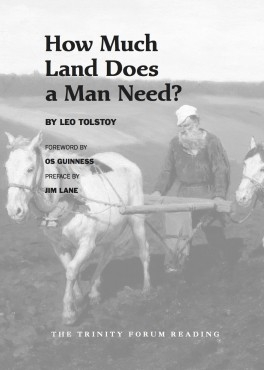
How Much Land Does A Man Need?
What is the meaning of money? What is success? How should we pursue happiness? How much is enough?
Leo Tolstoy (1828–1910), the Russian writer and social reformer, famous for writing the novels War and Peace and Anna Karenina. Born to a noble, landed family, his early years were marked by a dissolute life and a violent reaction to the horrors of the Crimean War. In 1862 he married and settled down, producing thirteen children and a burst of literary successes. But after writing Anna Karenina he experienced a profound spiritual crisis and renounced his literary ambitions, believing them to be incompatible with his deepest convictions. His numerous later works were on religious and moral subjects.
How Much Land Does a Man Need?, written in 1886, and translated from the Russian by Louise and Aylmer Maude, is from this later period.
It is an enduring story that reveals the sometimes insidious and sometimes overt destructiveness of greed and challenges us to question our own self-awareness.
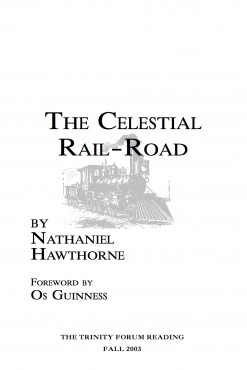
Celestial Rail-Road
With a Foreword by Senior Fellow Os Guinness, this story addresses the question of the truth-claims of religious faith in the face of the pressures of the modern world. Since the Enlightenment many religious leaders have attempted to “improve on” God or to make God “relevant” to the times.
Dr. Guinness makes a passionate case for truth. Hawthorne’s story, he argues, raises questions about the authority and public dimensions of faith that are vital not just for Christians, but for all the citizens of the United States and the West at large. This selection is sure to provoke thought and discussion.
Study guide included.
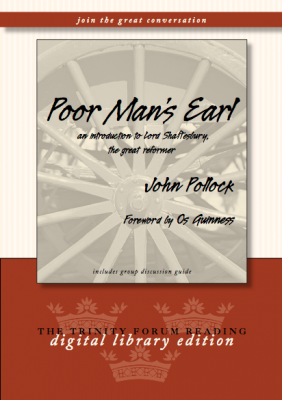
Poor Man’s Earl
The nineteenth-century industrial revolution brought rapid change, progress, and prosperity, but with it, the heavy cost of intense social dislocation and human suffering. One man, Lord Shaftesbury, decisively led the necessary reforms. His enduring legacy is his demonstration of the essential link between privilege and responsibility in a prosperous society – true for us today.
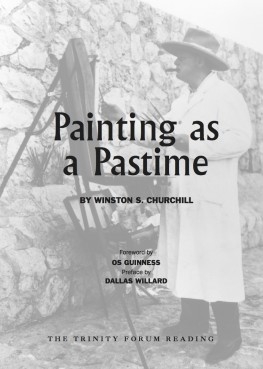
Painting As A Pastime
Time pressure and drivenness are defining marks of our modern world. But in such an era, it is a low-tech traditional discipline that offers the greatest relief and perspective: Solitude. Taking time away alone from daily stresses is increasingly important. For Churchill, time spent alone painting provided a meaningful and necessary course of mental refreshment.
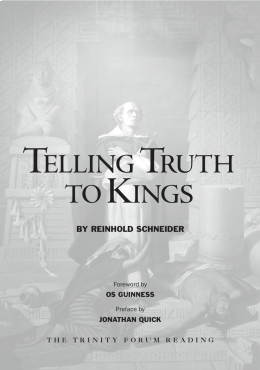
Telling Truth to Kings
History abounds with examples of brave individuals who courageously told the truth, often challenging authority in the process. The Spring 2013 Trinity Forum Reading, “Telling Truth to Kings,” ably illustrates the high cost of truth-telling through the story of a humble priest who challenges imperial Spain’s treatment of “new world” peoples.
German dissident Reinhold Schneider wrote the story in the 1930s to speak out against the totalitarianism of the Nazi regime, and “Telling Truth to Kings” prompts readers to consider how power, justice, and courage impact truth-telling today.
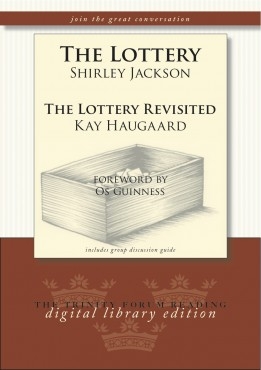
The Lottery
“The Lottery,” Jackson’s famous short story, has fascinated readers for years with its unexpected and chilling ending. Included with the story of a troubling but powerful modern essay, “The Lottery Revisited” by Kay Haugaard, which is about her experiences in teaching this story though the years and her students’ increasing acceptance of the unthinkable. Together they raise hard questions about subjectivity and truth in a free society.
